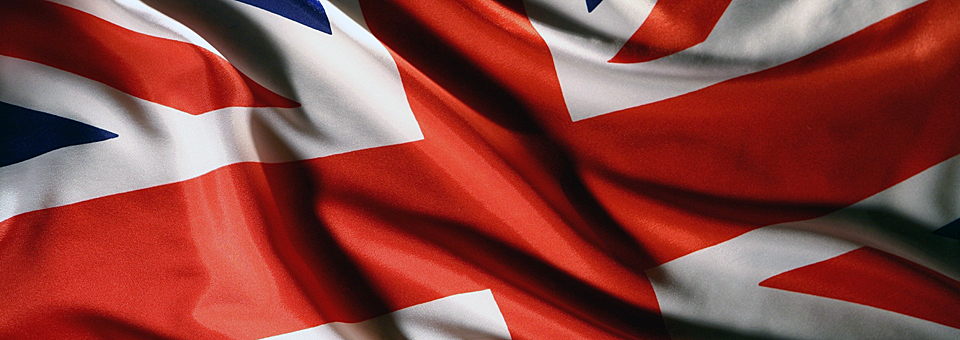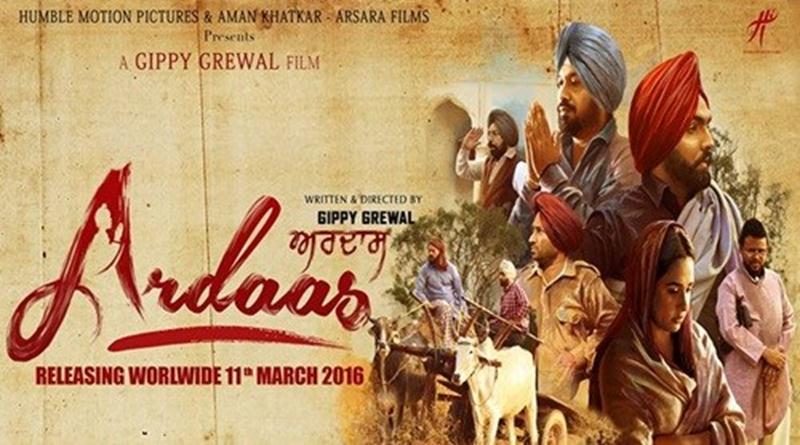“When our perils are past, shall our gratitude’s sleep?” These words said by George Canning come to mind today as the Commonwealth commemorates those members of the Armed Forces killed in the line of battle during World War 1. In finding myself as a British Sikh, this issue has been close to my heart. As I walked through my local multicultural town of Luton this past week, I tried to understand why I saw mainly white people wearing a poppy, but very few ethnic minorities. Britain actively recruited those from colonised countries to fight alongside them, most notably Indians, Chinese and those from some African countries. And it made me ask whether there is a sense of British pride amongst my own fellow Sikhs living here today.
I am and always have been a proud and patriotic British individual. However, it is only now as an adult that I can look back and realise why. My forefathers migrated to Britain as early as the 1950s. My parents were born in the United Kingdom, as were I and my siblings. For that reason, it should come with little shock that we as a family have taken to British customs in our daily lives, even if they are mostly food-related such as Pancake Day and a full Christmas blow-out with all the trimmings as standard! My family have pride and a love for the British Monarchy; I have vivid memories of Jubilee tea sets, my mother crying of sadness when Princess Diana died, and more recently my aunt crying with happiness when Prince William and Kate Middleton tied the knot.
Most of my peers growing up were very patriotic white British nationals, with whom I shared my patriotism during countless England international football and rugby games amongst other things. It was on a school History trip with them in 2004 to the Ypres Memorial in Belgium that my life changed. As I stood there looking at the walls inside the memorial, it was as if time stopped around me, I was in an altered state of consciousness as I saw the thousands and thousands of names ending with Singh on all sides engraved in to the walls. It was at that moment that the foundations to becoming a proud British Sikh were laid as I came to learn that over 138,000 Indian troops fought in Belgium and France.
Sikhs made up a third of the Indian troops, even though they only made up 1-2% of the Indian population. The BBC released a documentary in November 2010, ‘BBC Remembrance: The Sikh Story’, emphasising the roles of the Sikhs in the World Wars. One moment in particular that struck me was when an ex-fighter pilot called Mahinder Singh Pujji shared his experiences of wartime London. He was recognised as a Sardar by the people of Britain – a title given to an individual with noble and prestigious attributes. I believe that title needs to be earned by the deeds or ideology one lives by, not like today where it is fashionably used to depict anyone with a turban. Just as a Khalsa is a mediator of righteousness and must be prepared to risk their life for the well-being of others, a Sardar did just the same. I cannot help to think that if more of the nation recognised turban-wearing Sikhs as noblemen in this way, then perhaps I wouldn’t have got so much abuse walking down the street whilst at university. Maybe I wouldn’t experience the countless occasions on public transport when individuals look at the empty seat next to me, only to go and search for another seat in a mostly full bus or train!
Notably, Sikhs were once recognised for their bravery and skills in battle. Sir Winston Churchill, amongst others, recognised the service of Sikhs during the war and I in return as a Sikh recognise the acceptance and freedom to practice my faith by this State. I can be proud of both my heritage and my country. That is why my family wear our poppies with pride; that is why I will acknowledge all who have fallen bravely, with the rest of the nation on the 11th hour of the 11th day of the 11th month; and that is why I am a proud British Sikh.





